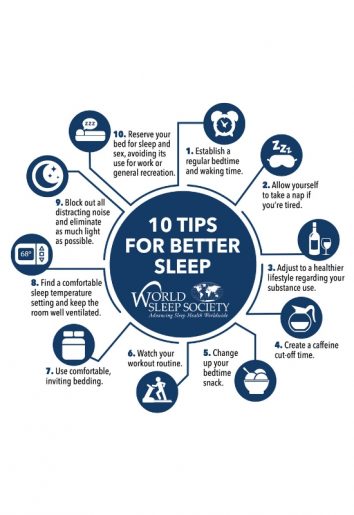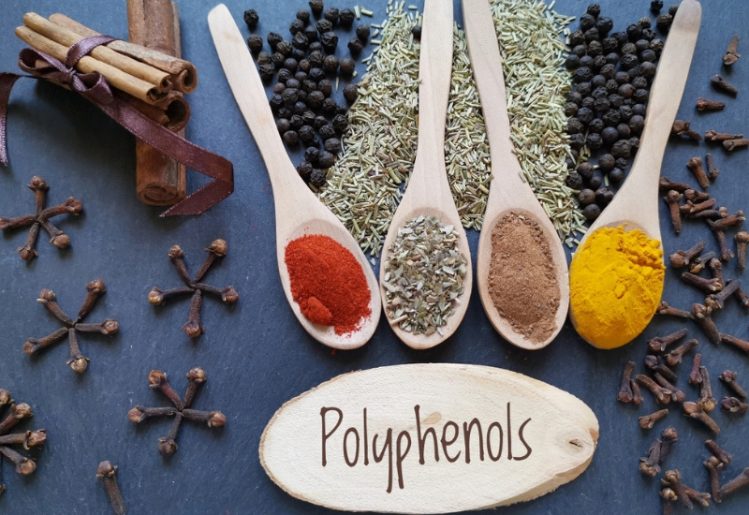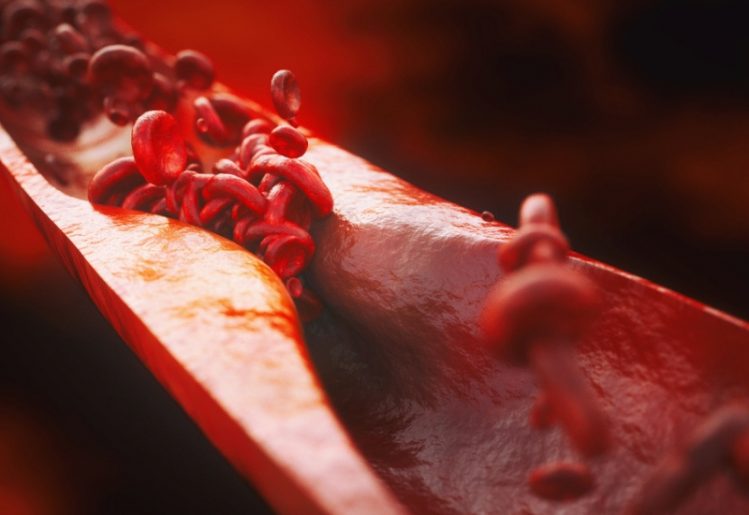Multiple research studies have now confirmed that the compound resveratrol supports healthy aging by protecting the body from a host of potential issues. Read on for more information about what resveratrol is, how you can incorporate this powerful naturally-occurring compound into your diet and how it can help you to lead a healthier and longer life.
What is Reservatrol?
 Reservatrol is found naturally in red grapes, red wine, peanuts, pistachios, blueberries, raspberries and dark chocolate. The compound is most highly concentrated in the skin of red grapes. This polyphenol antioxidant is an antimicrobial compound produced by plants to protect against environmental challenges such as harsh climate changes and too much dangerous ultraviolet light. In recent years, researchers have discovered promising ways that resveratrol may slow down the aging process, as it offers the body a multitude of protections.
Reservatrol is found naturally in red grapes, red wine, peanuts, pistachios, blueberries, raspberries and dark chocolate. The compound is most highly concentrated in the skin of red grapes. This polyphenol antioxidant is an antimicrobial compound produced by plants to protect against environmental challenges such as harsh climate changes and too much dangerous ultraviolet light. In recent years, researchers have discovered promising ways that resveratrol may slow down the aging process, as it offers the body a multitude of protections.
Studies Discover Resveratrol Supports Healthy Aging
Research from two major studies support the belief that resveratrol supports healthy aging. A study in 2013 by Harvard Medical School revealed that resveratrol stimulates the production of SIRT1. This serum serves a powerful function by blocking diseases as it accelerates the cell’s natural energy centers.
While most drugs strive to slow or block the production of SIR1, resveratrol actually speeds it up. This enhanced SIR1 production leads to the anti-aging benefits attributed to resveratrol. More recently, a study out of London’s King’s College found that resveratrol in red wine will protect the health of the gut as well.
The Benefits of Resveratrol
It is easy to see how resveratrol could potentially be a vital part of your anti-aging efforts when you examine all of its vast health benefits in detail.
Cognitive Benefits
New research is now showing encouraging results in the use of resveratrol for supporting a healthy mood. The antioxidant and anti-inflammatory properties of resveratrol also show promise in fighting off age-related cognitive issues such as Alzheimer’s disease. By guarding against cognitive decline, resveratrol can be a useful addition to your diet as you age.
Gut Health
The gut protection provided by resveratrol is thought to be a result of the compound working to support a more diverse range of bacteria in the essential gut microbiome. As a result of experiencing improved gut health, the red wine drinkers in the study at London King’s College enjoyed a reduced risk of developing obesity while also lowering their overall levels of cholesterol. A healthy gut can also boost the body’s natural immunity.
Pain Relief
Resveratrol may also help to soothe minor joint pain caused by conditions such as arthritis by helping to prevent cartilage from breaking down. As the resveratrol protects against inflammation in the body, joints are less likely to experience damage.
Diabetes Research
Reservatrol may also help protect against type 2 diabetes by increasing insulin sensitivity. In addition, those with diabetes may see benefits from resveratrol, as it helps the body to metabolize glucose more effectively by activating the AMPK protein while also decreasing inflammation and protecting against oxidative stress. Taken together, these benefits can significantly alter the way the body is able to maintain healthy blood sugar levels.
Overall Health Advantages
In addition to boosting a healthy gut microbiome and providing cognitive benefits, resveratrol also guards against a myriad of afflictions that plague people as they age. By increasing the production of nitric oxide, resveratrol may also be helpful in helping to maintain blood pressure within normal ranges and protecting heart health. While there is not as much research on this particular benefit yet, many researchers are hopeful that resveratrol may have a place in helping to support cellular health by promoting healthy cell growth.
What the Study Results Mean
 With so many benefits spread across many facets of physical and mental health, resveratrol deserves a prominent spot in everyone’s daily diet. Because many Western diets do not naturally include this compound, you may have to be purposeful about consuming it; you can find a high-quality resveratrol supplement online or at your local health food store.
With so many benefits spread across many facets of physical and mental health, resveratrol deserves a prominent spot in everyone’s daily diet. Because many Western diets do not naturally include this compound, you may have to be purposeful about consuming it; you can find a high-quality resveratrol supplement online or at your local health food store.
Be warned that health experts agree that too much resveratrol is not necessarily a good thing. While it is a good idea to be intentional about consuming foods rich in resveratrol in order to encourage healthy aging, remember that too much of a good thing can be a bad thing. As with most things in life, moderation is key. As researchers continue to unlock more about this powerful antioxidant, there will certainly be more guidance on how to use it to potentially slow down the aging process.
Next time you raise that glass of red wine, you can do so with the knowledge that you are providing your body with proven anti-aging benefits. Being intentional about consuming resveratrol will pay significant health benefits both now and further down the road.
 Research has found that people are more likely to suffer heart attacks and strokes in the early hours of the day, and that those who don’t get enough sleep are
Research has found that people are more likely to suffer heart attacks and strokes in the early hours of the day, and that those who don’t get enough sleep are  World Sleep Society
World Sleep Society Research into chronobiology has determined that every organ in the body, as well as certain biological processes, have their own 24-hour rhythms. By researching these rhythms and studying how they are affected by different chemical compounds, researchers can determine which nutrients should be introduced into the biology of an individual at a given time of day for optimum effectiveness.
Research into chronobiology has determined that every organ in the body, as well as certain biological processes, have their own 24-hour rhythms. By researching these rhythms and studying how they are affected by different chemical compounds, researchers can determine which nutrients should be introduced into the biology of an individual at a given time of day for optimum effectiveness. Acting as an antioxidant,
Acting as an antioxidant,  Research over the past several decades has helped us to understand the erectile dysfunction more thoroughly and we now know that it can be caused by either psychological or physical problems. Even though this condition, commonly called E.D., is treatable, many men are reluctant to seek treatment out of embarrassment. Understanding more about the condition can help reduce the stigma that surrounds it.
Research over the past several decades has helped us to understand the erectile dysfunction more thoroughly and we now know that it can be caused by either psychological or physical problems. Even though this condition, commonly called E.D., is treatable, many men are reluctant to seek treatment out of embarrassment. Understanding more about the condition can help reduce the stigma that surrounds it. Changing the foods you eat is essential to controlling your cholesterol levels. You can start by eating heart healthy foods, such as
Changing the foods you eat is essential to controlling your cholesterol levels. You can start by eating heart healthy foods, such as  The power of superfruits to boost immunity may help stave off illness and help the body recover faster from injuries by providing the body with antioxidant-rich compounds that are called polyphenols. Polyphenols (
The power of superfruits to boost immunity may help stave off illness and help the body recover faster from injuries by providing the body with antioxidant-rich compounds that are called polyphenols. Polyphenols ( Cherries: While there are a few different types of cherries, they have all been shown effective in reducing the risks of degenerative diseases in seniors.
Cherries: While there are a few different types of cherries, they have all been shown effective in reducing the risks of degenerative diseases in seniors. To understand the latest determination from the American Heart Association, it’s necessary to explore the causes of heart disease and the link between cholesterol and heart health.
To understand the latest determination from the American Heart Association, it’s necessary to explore the causes of heart disease and the link between cholesterol and heart health.  While alcohol and soda consumption should be very limited in order to
While alcohol and soda consumption should be very limited in order to